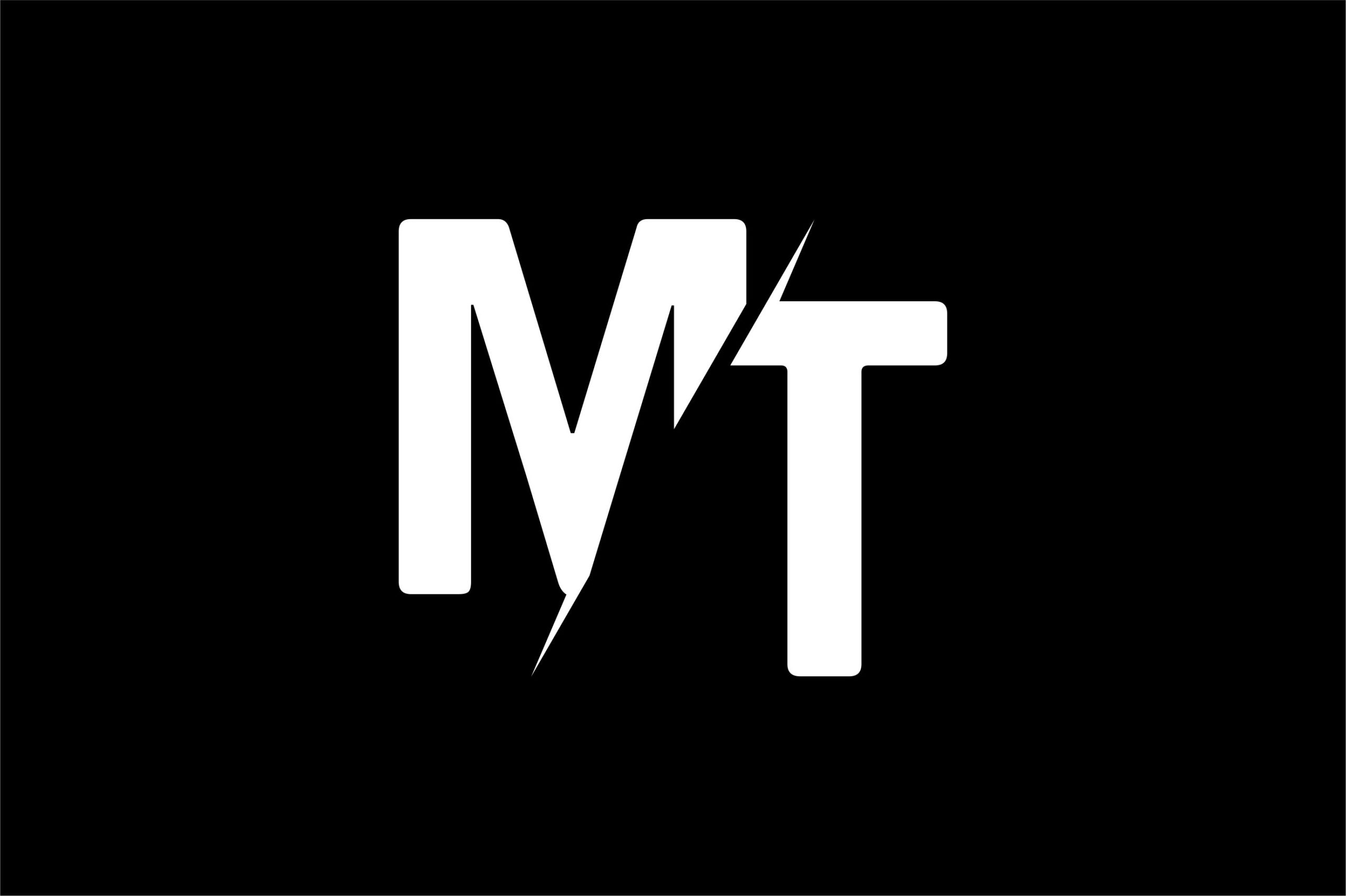A loan, in finance, is a debt made by one company to another company, individual, or group of individuals. It has an interest rate and is backed by notes stating the principal amount, interest rate, and maturity date. Importantly you must know what are the requirements for a bank loan.
Loans involve the redistribution of the relevant assets between creditors and borrowers over a certain period of time. With loans, the borrower first receives or borrows a certain amount of money. This is known as the principal. Usually, the money is returned in installments or in part; with an annuity, each installment is the same.
Before we share what are the requirements for a bank loan, first of all what is a bank loan ?Loans are usually granted at what is known as an interest rate. This provides an incentive for the lender to participate in the loan. With legal loans, each of these obligations and limitations is imposed by the contract, which can also subject the borrower to additional restrictions indicated in the loan agreement for Top 10 Banks in UK.
Different categories known as “loan products” and some of the loan products are as follows;
Business Loans
These are loans that banks and other microfinance institutions offer to people either in business already or wanting to start one. Business loans are given to small and medium scale entrepreneurs as well as big businesses and as a result, the amount of the loan to be given varies depending on the client’s or applicant’s financial muscle let alone, the capability to pay back the loan.
Student Loans
These are loans given to students who might not have enough money required to register as students at their institutions of higher learning. Some students who access such loans may pay back the loan after they have completed their programs and are working.
Personal Loans
A loan that when an individual gets, he or she decides on what to get with the money. The lender does not ask the borrower what the money is to be used for. In a way, other on the part of the borrower, it can be referred to as the “mind your business” kind of loan. With this loan, a borrower may use it for whatever tickles his or her fancy.
Mortgage Loans
These are loans which cover the purchase cost of a house without having to pay any down payment to the lender for it as the same property acts as collateral which the lender can get if the borrower defaults. Typically, mortgages are repaid over a period ranging from 10 to 30 years.
Qualifications and requirements you need for a bank loan
The qualifications needed for a loan differ from institution to institution but the following are the common ones without which, a loan cannot be accessed:
1.Proof of Residence
A borrower is required to produce and submit his or her physical address to the bank or lending institution from which they want to service a loan due to cost of living in UK per month.
2.Personal Identity Card
A borrower is required to submit a copy of his or her identity card which is supposed to be included in their file which the banks keep until the time they finish repaying the loan. He or she may submit their National Registration Card, Passport, or Driver’s license.
3.Credit Reference Bureau (CRB) Fee
Before an individual can access a loan, he or she has to pay a certain amount of money. The bank uses the client’s borrowing and repayment behavior history. The Credit Reference Bureau provides this information for Banks in Zambia. If the history of repaying loans is bad, he or she may not be given a loan.
4.Guarantor
A borrower is required to provide an individual who works in government or any company that pays them via payslips to be his or her guarantor. A guarantor is someone who affirms that the borrower is capable of paying back the loan and if they fail to do so, the guarantor would bear responsibility.
5.Security Deposit
This is a deposit that a borrower is required to deposit in the bank where he or she wants to access a loan and this deposit is often ten percent of the amount that he or she wishes to get as a loan. The bank does not use the money. It keeps it in the account and is given back to the borrower after they have finished repaying the loan.
6.Collateral
Depending on the type of loan product that an individual has chosen to get, he or she will be required to pledge assets that the lender would get if the borrower defaults. Collateral does not usually apply to personal and student loans. Banks in South Africa require collateral which may include houses, cars, phones, and laptops depending on the amount you are getting.
7.Financial Statements
For business loans, individuals are required to submit their financial statements. The number of statements varies from bank to bank. Statements may include a balance sheet, income statements, cash flow statements, depending on your Types of Bank Accounts in Nigeria and other things of that nature.
8.Certification of Registration
A borrower is required to submit a copy of the certificate of registration for their business for business loans.
9.Business Experience
Most banks require their applicants to provide proof of having been in business for some period of time. The period is different from one bank to another with the average being 1 year. For those whose businesses especially Banks In Zimbabwe to grant you a loan thats a requirement. This is to avoid business whic are not registered such as marketeers, they may be required to submit a copy of the book they write their daily sales which date back to the time they started their business.
Conclusion
There are several qualifications that banks and lending institutions alike have. What are the requirements for a bank loan? The common ones are the ones that have been discussed in the article above.
SIMILAR ARTICLES
- Cost of Third Party Insurance in Zambia
- Fidelity bank routing number in Nigeria
- SWIFT code for Diamond Access Bank Nigeria
- Zenith bank routing number in Nigeria
- Regions Bank Routing Number for Wires
- How Much Money Do You Need to live Comfortably, UK?
- Ecobank Ghana Account Opening
- Ecobank Dollar Account Requirements
- Routing Number For FNB South Africa
- Absa Bank Address For International Wires
- Tax Fluctuations in UK and changes
- Cost Of Studying Computer Science in UK










